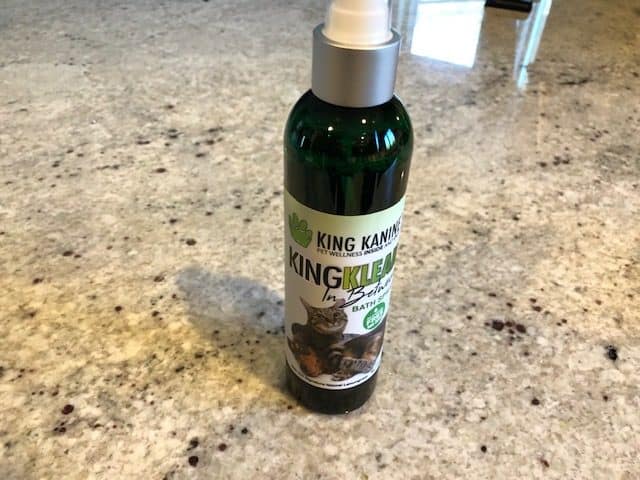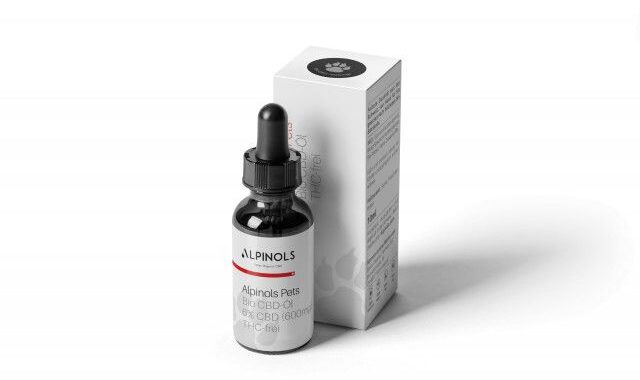Popularity of Hemp and CBD

In recent years, the popularity of hemp and CBD (cannabidiol) has surged, with a myriad of products hitting the market claiming to offer a range of health benefits. But amidst the buzz, there’s a cloud of confusion and misinformation. It’s time to sift through the noise and uncover the truth about hemp and CBD while dispelling some common myths.
The Hemp-CBD Connection
Let’s begin by clarifying the relationship between hemp and CBD. Hemp is a variety of the Hemp sativa plant species that are grown specifically for industrial uses. It’s a versatile plant known for its strong fibers and eco-friendly qualities, making it valuable for textiles, paper, building materials, and more. On the other hand, CBD is just one of the many compounds found in the hemp plant, including both hemp and hemp varieties. Unlike THC (tetrahydrocannabinol), CBD does not produce a “high,” making it a popular choice for those seeking potential therapeutic benefits without psychoactive effects.
Myth: CBD Gets You High
One of the most prevalent myths is that CBD can get you high. This is simply not true. CBD is non-psychoactive, meaning it doesn’t alter your mental state. The compound that’s responsible for the euphoric sensations associated with hemp is THC. Hemp-derived CBD products contain only trace amounts of THC (less than 0.3%), which is not enough to induce any intoxicating effects.
Fact: Potential Health Benefits of CBD
Research into CBD’s potential health benefits is still in its early stages, but there’s promising evidence to suggest its effectiveness in certain areas. CBD has been approved by the FDA as a treatment for certain types of epilepsy, demonstrating its ability to reduce the frequency and severity of seizures. Additionally, CBD’s anti-inflammatory properties have led to its use in various studies exploring its potential for managing pain, anxiety, and even acne.
Myth: All CBD Products Are the Same
CBD products come in various forms, including oils, tinctures, capsules, gummies, creams, and more. However, not all CBD products are created equal. The quality and effectiveness of a CBD product can vary greatly depending on factors such as the extraction method, source of hemp, and manufacturing processes. It’s important to do your research and choose products from reputable companies that provide third-party lab testing to verify the contents and purity of their products.
Fact: The Entourage Effect
When discussing CBD, it’s important to touch upon the concept of the entourage effect. This refers to the potential synergy between different compounds in the hemp plant, including cannabinoids, terpenes, and flavonoids. The idea is that these compounds work together, enhancing each other’s benefits. Some experts believe that full-spectrum CBD products, which contain a range of these compounds, may offer greater therapeutic potential compared to isolated CBD.
Myth: CBD Is a Cure-All
While CBD shows promise in various areas, it’s essential to approach it with realistic expectations. It’s not a miracle cure that can address all ailments. The wellness industry’s enthusiasm has sometimes led to exaggerated claims about CBD’s effectiveness. As research continues, we’ll gain a clearer understanding of its limitations and appropriate applications.
Fact: Legality and Regulation
The legality of CBD varies from one country to another and even within different states. In the United States, the 2018 Farm Bill legalized the cultivation of hemp and the sale of hemp-derived CBD products with less than 0.3% THC. However, regulations are still evolving, and consumers should be cautious about the legal status of CBD in their region.

Myth: CBD Has No Side Effects
While CBD is generally well-tolerated, it’s not entirely free from potential side effects. Some users have reported symptoms like dry mouth, drowsiness, changes in appetite, and interactions with certain medications. It’s crucial to consult a healthcare professional before incorporating CBD into your routine, especially if you have underlying health conditions or are taking other medications.
Fact: Personalized Effects
The effects of CBD can vary widely from person to person. Factors such as individual metabolism, dosage, and the specific condition being addressed all play a role in how CBD interacts with your body. Finding the right dosage and delivery method may require some trial and error.
Separating Fact from Fiction
In a world where information spreads rapidly, it’s essential to approach new trends like hemp and CBD with a critical mind. While there’s exciting potential for CBD to offer relief for various health concerns, it’s not a magical solution. Responsible use, informed decisions, and a willingness to adapt as new research emerges are key to navigating the complex landscape of hemp and CBD.
As the scientific community delves deeper into the properties of these compounds, we’ll likely gain a more comprehensive understanding of their effects and applications. In the meantime, separating the facts from the myths ensures that you make choices that are well-informed and aligned with your wellness goals. If you are looking for some information about the popularity of hemp and CBD, you may visit MentalItch to learn more.


 CBD’s Impact on Digestive Health
CBD’s Impact on Digestive Health  Omega-3 for Vegetarians
Omega-3 for Vegetarians  The Science Behind Shake Ingredients
The Science Behind Shake Ingredients  The Role of Accident Attorneys
The Role of Accident Attorneys  Budgeting for Millennials
Budgeting for Millennials  Building Resilience in Children
Building Resilience in Children